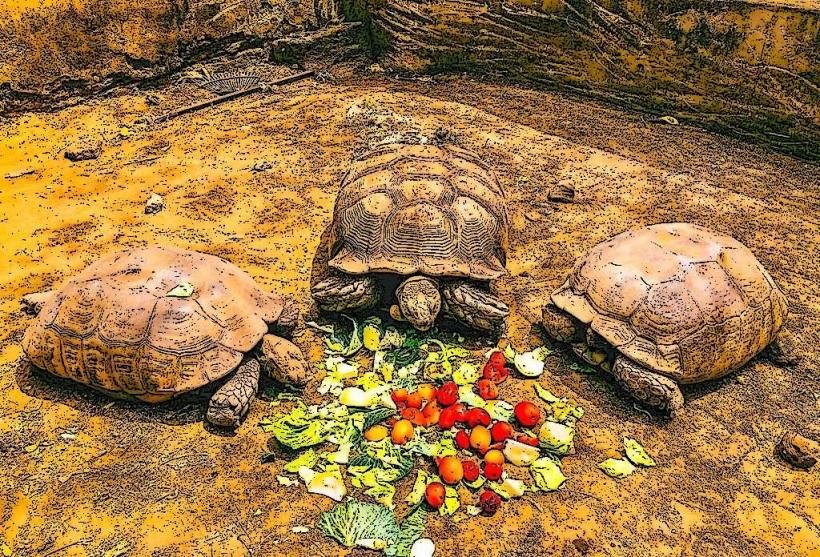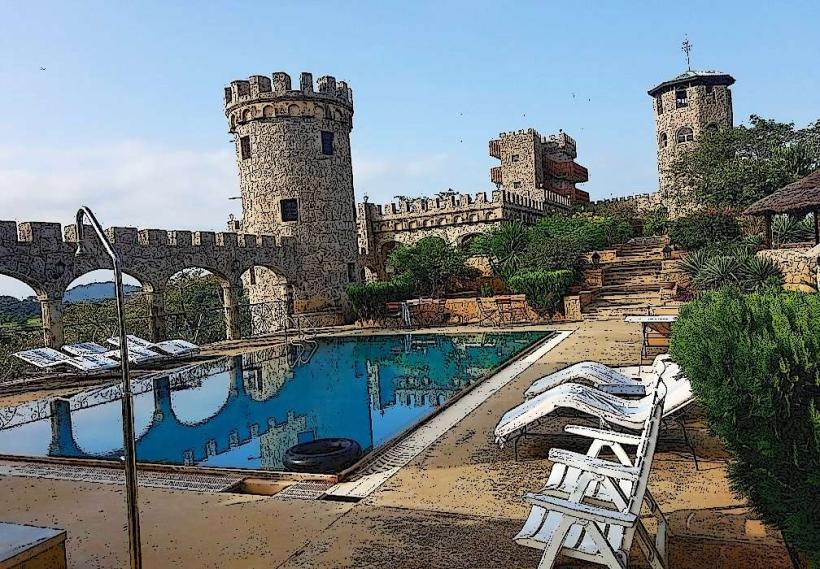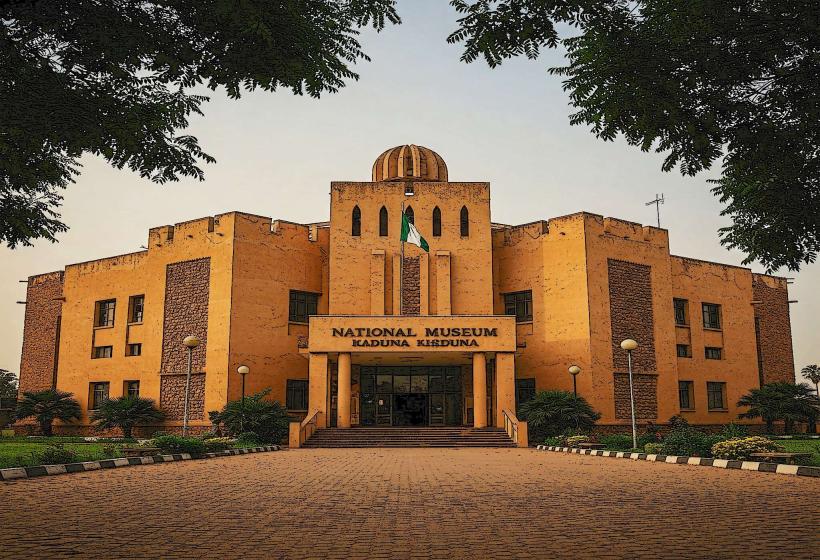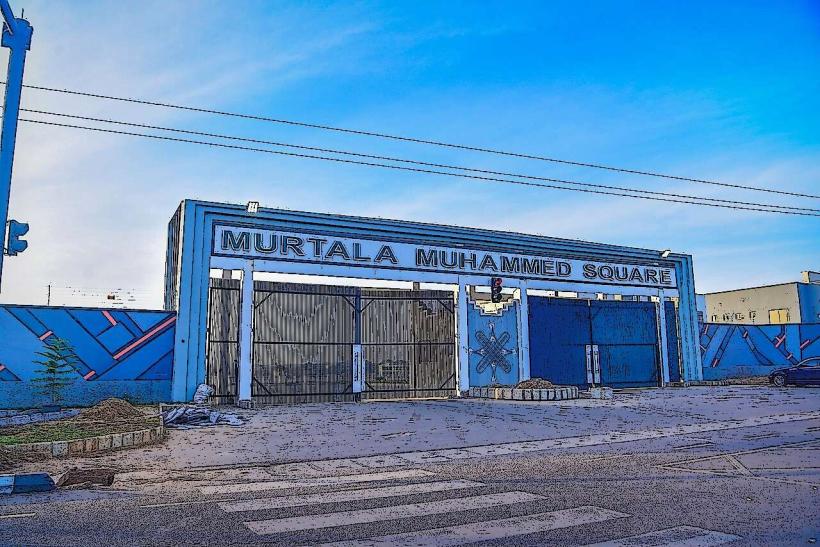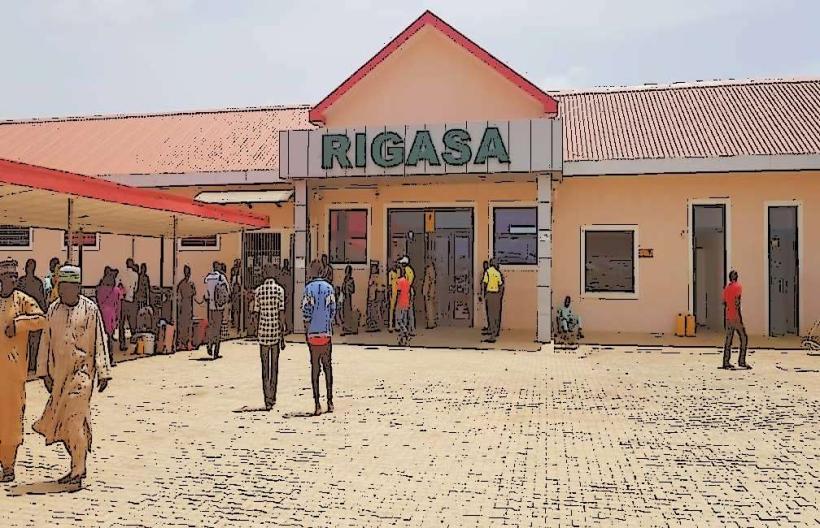Information
City: KadunaCountry: Nigeria
Continent: Africa
Kaduna, Nigeria, Africa
Kaduna serves as the primary industrial and educational hub of Northern Nigeria and the administrative capital of Kaduna State. It is situated on the banks of the Kaduna River in the central part of Northern Nigeria, functioning as a major railway junction connecting the north and south.
Historical Timeline
Kaduna was founded in 1913 by the British colonial administration under Lord Frederick Lugard. It transitioned from a colonial administrative center to the capital of the defunct Northern Region in 1954, and later the capital of North-Central State in 1967. The city underwent its most significant political reconstruction following the 1960 independence era as it modernized its industrial base. The primary event shaping the urban form was the 1917 township ordinance, which established the city as a planned alternative to the ancient traditional cities of the north.
Demographics & Population
The metropolitan population is approximately 1,220,000 as of 2026. The demographic composition is highly diverse, primarily comprising Hausa, Fulani, Gbagyi, and over 30 other ethnic groups from the southern parts of the state. The median age is 18.4 years.
Urban Layout & Key Districts
The city is organized by the Kaduna River, which bisects it into "North" and "South" sectors. Key districts include the Kaduna North GRA (North), containing the government house and diplomatic residences; Malali (Northeast), a high-end residential zone; and Kakuri (South), the primary industrial layout. The Ahmadu Bello Way serves as the central commercial artery.
Top City Landmarks
Lugard Hall (State House of Assembly)
Kaduna Museum
Arewa House (Center for Historical Documentation)
Gamji Park
Murtala Mohammed Square
Transportation Network
Internal movement is facilitated by a grid-like road network in the North and a more irregular pattern in the South. Transit is dominated by "Keke" (tricycles) and yellow-painted taxis. The Abuja-Kaduna Standard Gauge Railway provides high-speed links to the national capital. Ride-sharing is available via Bolt. Traffic density is high at the Kawo and Television flyovers during peak hours.
Safety & "Red Zones"
The safety level is moderate to low due to historical communal tensions and regional banditry. Areas such as Rigasa and parts of the Southern Kaduna suburbs should be avoided at night. Travel on the Kaduna-Abuja expressway is advised only via train or armed convoy due to kidnapping risks.
Digital & Financial Infrastructure
Average internet speeds range from 25 to 45 Mbps on 4G networks. Main carriers are MTN, Airtel, and Glo. Card acceptance is standard in hotels and the Galaxy Mall area, but cash is required for local markets. ATMs are concentrated along Ahmadu Bello Way and Yakubu Gowon Way.
Climate & Air Quality
Temperatures range from 11°C during the Harmattan (December) to 38°C in April. The city has a tropical savanna climate with a rainy season from May to October. Air quality is severely impacted by dust during the Harmattan season and industrial emissions in the Kakuri district.
Culture & Social Norms
Tipping is voluntary but appreciated (5–10%). Conservative dress is required in public and religious spaces, particularly in the northern districts. Handshakes are the standard greeting. Alcohol is available in the "Sabon Gari" and southern districts, but public consumption is restricted in many northern residential areas.
Accommodation Zones
Kaduna North GRA: Recommended for high security, quiet streets, and proximity to government offices.
Barnawa: Recommended for a variety of dining options and a more relaxed, integrated social atmosphere.
Local Cost Index
1 Espresso: ₦3,200 ($2.10)
1 Standard Lunch: ₦8,500 ($5.60)
1 Metro/Bus Ticket: ₦600 ($0.40) - Keke/Minibus rate.
Nearby Day Trips
Kangimi Dam: 30 km (40 minutes)
Matsirga Waterfalls: 200 km (180 minutes)
Kajuru Castle: 60 km (90 minutes)
Zaria (Ahmadu Bello University): 80 km (75 minutes)
Facts & Legends
The name "Kaduna" is derived from the Hausa word Kada, meaning "crocodile." Historically, the Kaduna River was so infested with crocodiles that early settlers believed the reptiles were the spiritual guardians of the land. A local urban legend claims that a "Great White Crocodile" still appears near the riverbanks during extreme floods to signal political shifts in the region.

